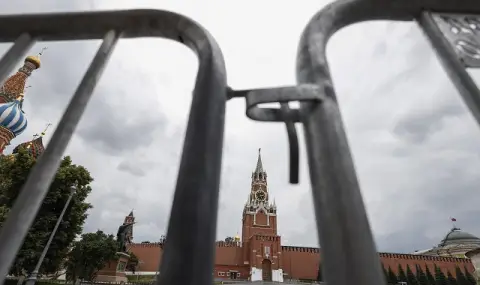The Russian government has introduced new restrictions on the use of digital telecommunications in the country. On July 12, 2024, State Duma MP Anton Nemkin said in an interview that Russian authorities had begun slowing traffic on the encrypted messaging app WhatsApp. The public explanation is to limit the ability of extremist groups to communicate. According to Russian government definitions, this likely also includes limiting the ability of opposition activists and opponents of the war in Ukraine to organize and communicate. This was reported in the daily intelligence report of the British Ministry of Defence.
On the same date, independent Russian media reported that outages on the online video platform YouTube were the result of deliberate traffic delays by the Russian government. The president's administration is likely to block YouTube entirely in September 2024. YouTube is relatively popular in Russia and is used by opposition activists, including the late Alexei Navalny, to disseminate criticism of the Russian government.
Latest Defense Intelligence update on the situation in Ukraine - 18 July 2024.
Find out more about Defense Intelligence's use of language: https://t.co/JuT4LFfiBA#StandWithUkraine 🇺🇦 pic.twitter.com /wo5QETN0Qu— Ministry of Defense 🇬🇧 (@DefenceHQ) July 18, 2024
Like recent bans on independent media organizations and restrictions on other protected means of communication, these measures represent an acceleration of a long-standing trend of increasing government control over access to media and information in Russia.
These restrictions on access to social media platforms are likely designed to ensure that the Russian population only has access to media that conforms to government-controlled narratives.
By limiting more protected means of personal communication, government surveillance of potential dissidents will be easier, creating a climate of fear and self-censorship among those who may be critical of the regime.
